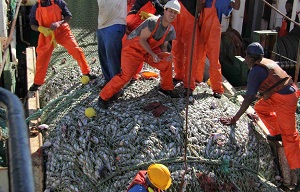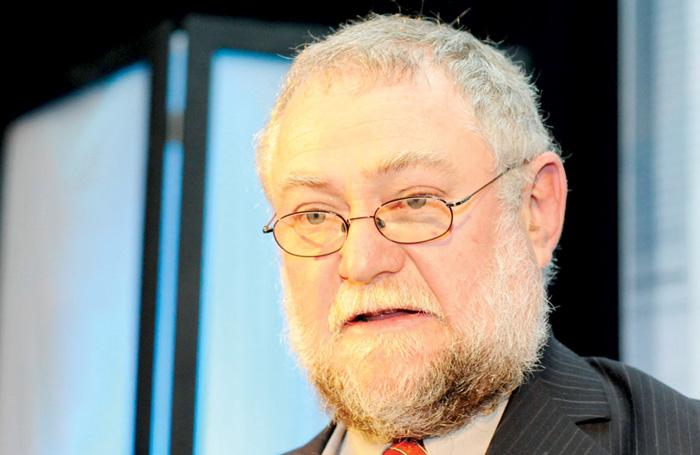
Rehoboth chickens run wild on council funding

The Rehoboth Rural Constituency office in Hardap Region provided material to construct this chicken pelt. (Photograph by Treasure Kauzuu)
The first hens were imported from South Africa in 2012 for N$27 a head. However, according to Campbell, the lifespan of the chickens is only two years, which often results in a drop in production. “After their lifespan, we sell the chickens to the community at N$15 each,” he said. He later constructed a makeshift incubator made from an old recycled fridge. The homemade incubator consists of lighting that provides the heat to hatch the eggs. However according to Campbell, the hatching rate only slightly increased to 15% which he still considers very low. He added that he has approached the Rehoboth Rural Constituency Development Committee for assistance with more supplies and an even bigger and modern incubator to increase the proliferation rate. To feed the chickens, Campbell also constructed his own fodder mill made from scrap metal. In 2013, through the Rural Constituency Development office, the poultry project was awarded a range of material such as corrugated zinc, steel and wire mesh. An additional N$15,000 was advanced under the micro-project funding for fodder. From these contributions, Campbell constructed new chicken runs. Meanwhile he has appealed for more material which he needs to construct two extra chicken houses to breed at least 1200 chickens. He said one of the biggest problem with chicken farming is the supply of layers which are often imported from South Africa at a high price. “The availability of chickens is a problem because we mostly have to get them from South Africa and very often they are not enough to supply for our market. We need decent incubators to hatch our own fertilized eggs, why always go to South Africa for simple things like producing eggs, while we can make our own incubators and grow our own chickens,” he insisted. Campbell also noted that at least 40 hens are used for experimental purposes. For this, he constructed his own fodder mill for N$2000, to penetrate the fodder market, saying that the 40 hens are fed with homemade fodder made from grass and other added ingredients, which he claims is more nutritious and lasts longer. “We also crush egg shells, which are then dried and cooked and given to the chickens as a source of calcium,” Campbell added.
He said that the market is ever-growing and is always in demand. “We are small producers so competition is obviously high especially when competing with other experienced suppliers,” he explained. He stated however that they deliver about 1500 eggs to certain shops in Windhoek, mainly Steenbras Take Away and KNB Trading Kiosk, but added that the local community also purchases the eggs at a subsidized price. “One batch of 30 eggs goes for N$50 but in shops it can sell for N$65,” said Campbell. Stating his commitment to his own communicty, he said he wants to assist the community to benefit directly from the poultry project but the response is not that overwhelming. “Many locals are unemployed but are not willing to work so we often get assistance from outsiders to help us instead,” he said. According to the Rehoboth Rural Regional Councilor, Riaan McNab, the poultry project is one of the most successful micro-projects in the constituency. “Mr. Campbell started off selling eggs but I can tell you it made a huge difference in the lives of many people. Normally people would go to the town to purchase eggs but Mr. Campbell started distributing eggs in the whole area from Kalkrand to Rehoboth. He then went further, producing his own chickens, now he is at a stage where he wants to expand and has even built his own incubator,” McNab said. Councilor McNab, who also paid a visit to the poultry project site, was amazed to witness Campbell’s ingenuity in building his own incubator and mill to produce more chickens. McNab further stated that Campbell has requested for funds for an expansion of the poultry project and that his application would be looked into for further analysis. “At the end of the day, we have seen the willingness of this man to not only sell but to produce chickens. We want all these micro projects to graduate from Small and Medium Enterprises (SME’s) to producers. That is our aim and why we are funding these micro-projects,” McNab noted.














































